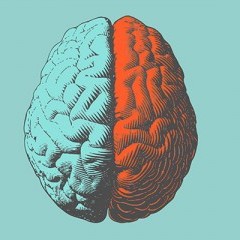Head-Worn Device Leverages ML, MEG, Distinguishes Between Hand Gestures
- Research from the University of California San Diego described a head-worn wearable device that leverages machine learning and a noninvasive brain imaging technique called magnetoencephalography (MEG) that could help distinguish between various hand gestures in patients with conditions such as paralysis or amputated limbs. Amputated limbs and...

